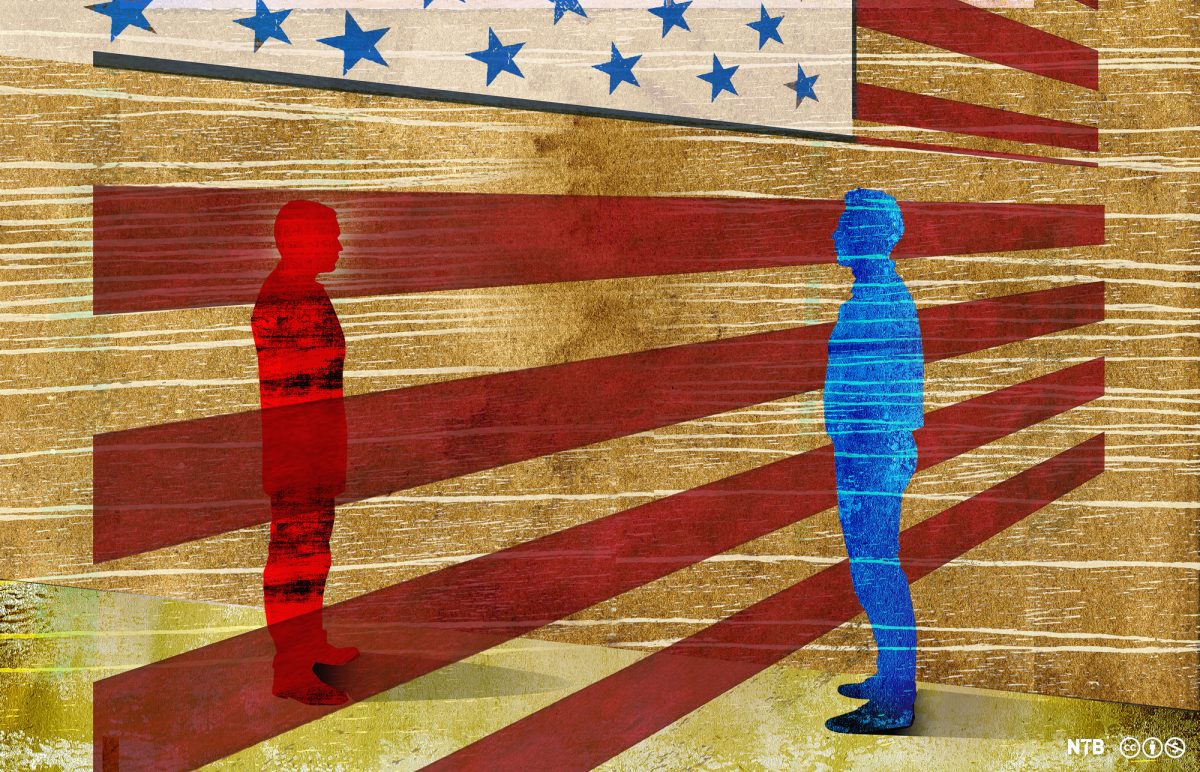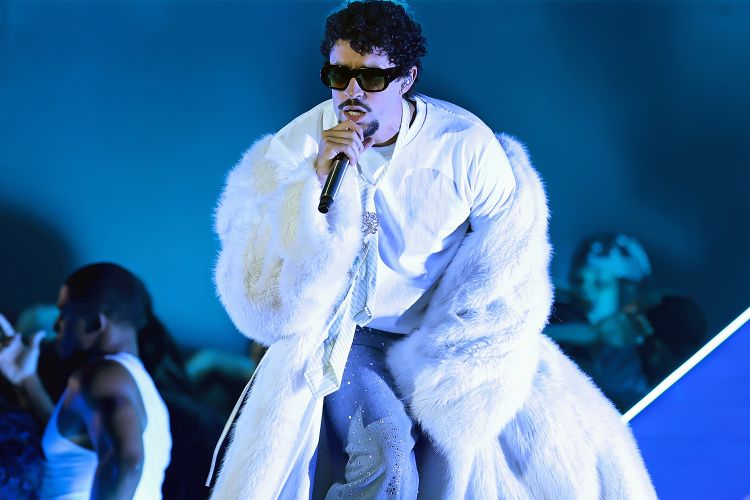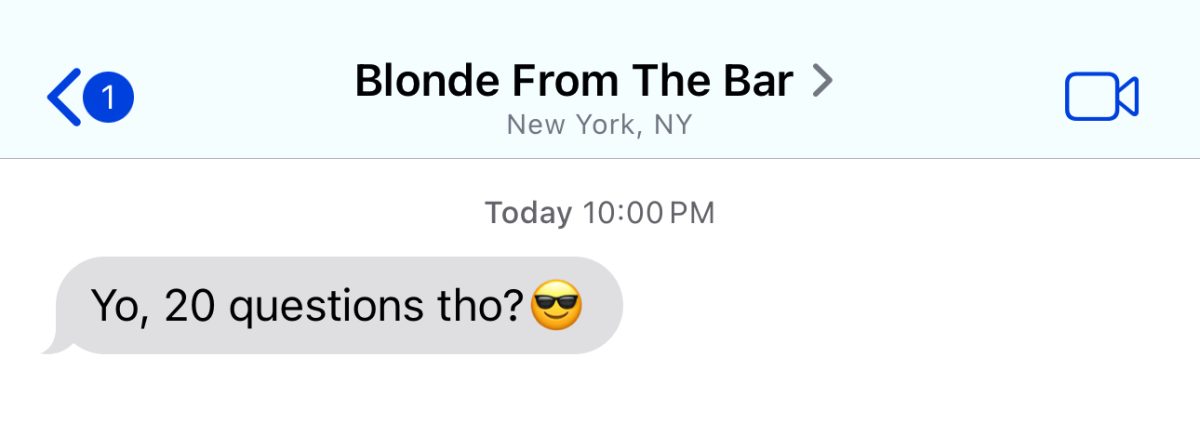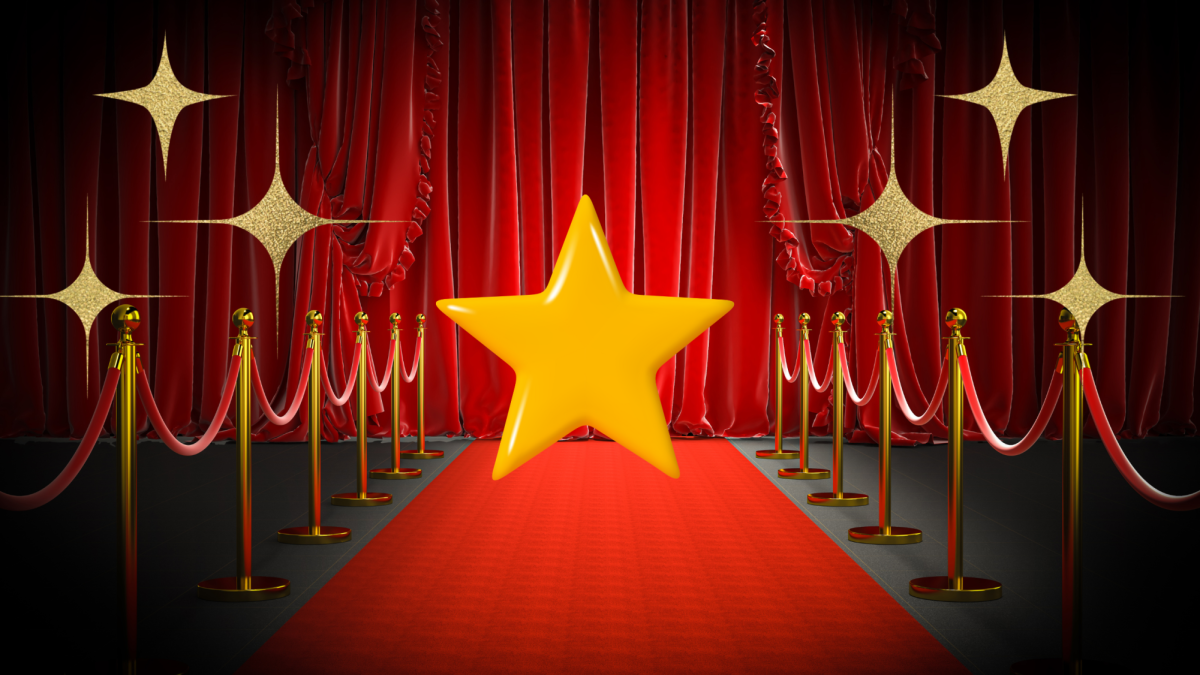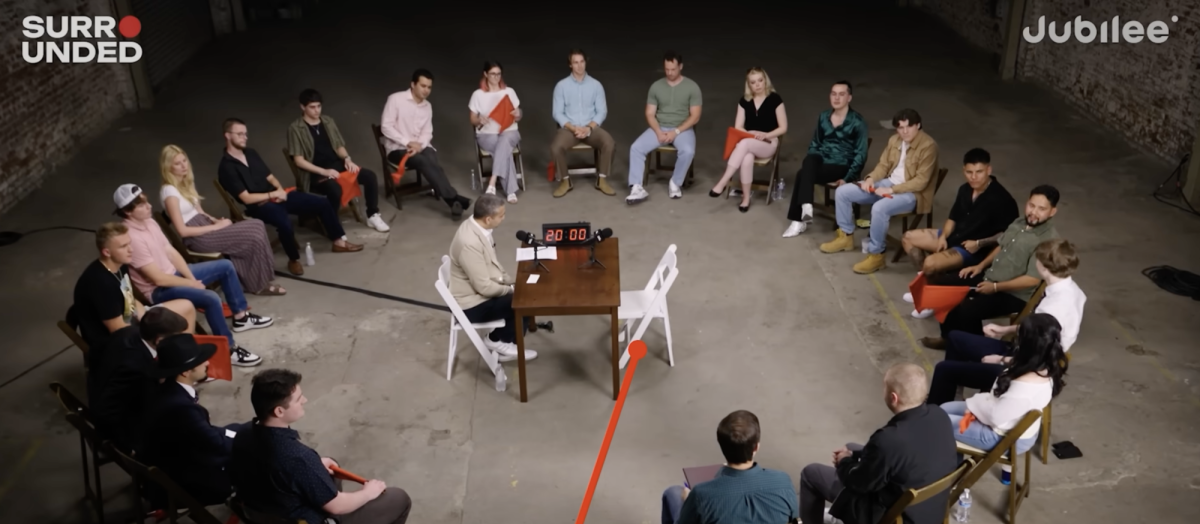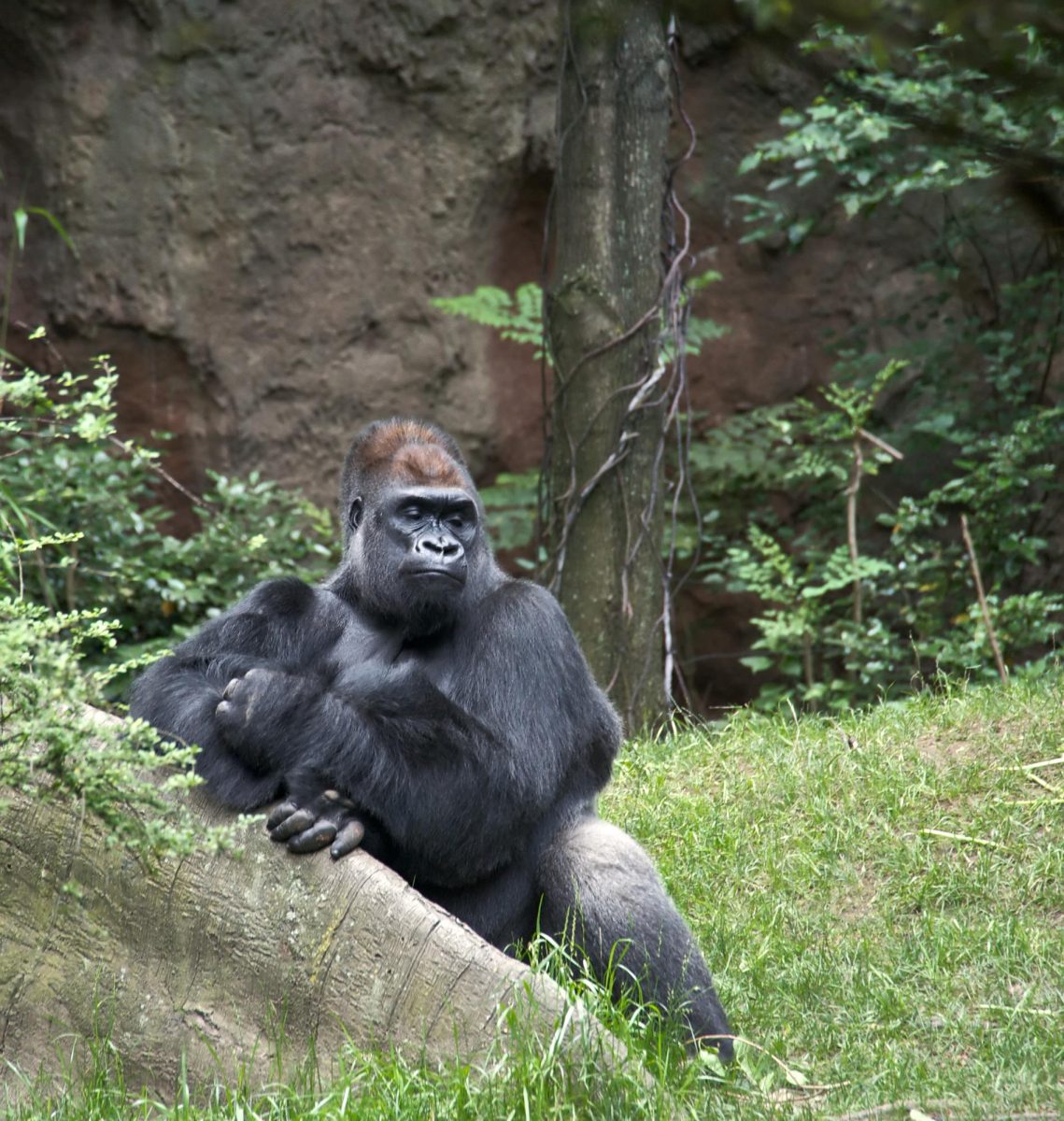As Nov. 5 rapidly approaches, Americans feel more polarized than ever, from deepening political divides to increasing bouts of misinformation across the aisle. The political atmosphere is further splitting, leaving Americans with little room or ability to facilitate and engage in healthy and helpful political discussions. Social media feeds, news outlets and even our own conversations are filled with opposing arguments and differing views. While not new, this political tension has only increased in recent years. The upcoming presidential election has honed in on this divide, highlighting just how fractured we, as a nation, have become.
One of the main causes influencing and increasing the political divide within the U.S. is misinformation. This misinformation is being amplified on both social media and news outlets, playing a massive role in increasing political polarization among Americans.
Social media algorithms identify users’ patterns and utilize their content preferences to increase engagement. They do so by showing users content that coincides with their existing beliefs and preferences. These algorithms are intentionally or not responsible for perpetuating confirmation biases among their users. For instance, if a TikTok user likes content regarding Kamala Harris and her campaign, TikTok’s algorithm identifies the user’s preference and will continue to show that user similar content. Over time, social media algorithms create a cycle in which users typically only see content that aligns with their political views and pre-existing stances. If users continue to interact with the content they agree with, the algorithm continues to push content that satisfies those beliefs. Whether or not these social media platforms realize or recognize it, their algorithms can amplify their opinions and biases without the user realizing it.
Social media platforms aren’t solely responsible for deepening political divides; celebrities and influencers have begun to take political stances online, and these stances have the potential to influence and sway their audiences significantly. Taylor Swift, for instance, has been vocal in endorsing democratic candidates since 2018. These endorsements may influence her audience as they trust and respect her. Celebrities are able to influence voter opinions due to their ability to reach so many different people from different demographics. When they endorse candidates or support causes, their opinions can reach millions of people almost instantly. This can directly influence their respective audiences’ perspectives on specific issues.
The deepening divide between political parties in the U.S. has led to a rise in the “winning mentality.” Our nation’s focus has shifted from engaging in helpful discussions regarding candidates’ opposing policies, legislation, and economic issues to a competition between opposing parties. This “winning mentality” prioritizes winning over meaningful political debate, and it minimizes our election processes by reducing results to a game where both sides of the aisle seem to be more concerned with victory than addressing the needs of its citizens. This mentality simplifies—and often disregards–the real complex issues we are facing. Issues like healthcare, climate change and economic policy are reduced merely to buzzwords that may appeal to voters in the moment but offer no meaningful resolution for the future. The increasing political divide has seemingly pressured politicians into proposing quick solutions in order to garner and maintain support rather than adequately addressing the complex nature of these issues through meaningful discussion or compromise.

